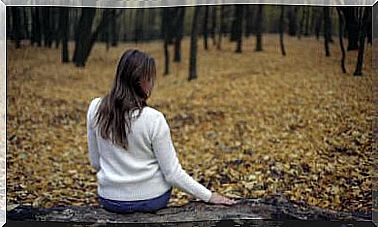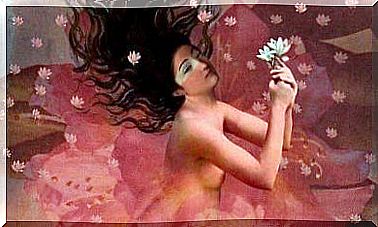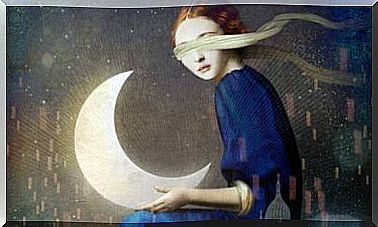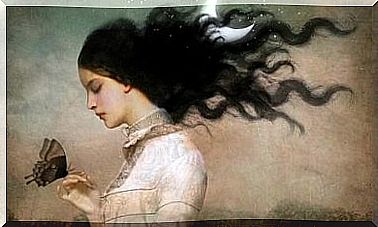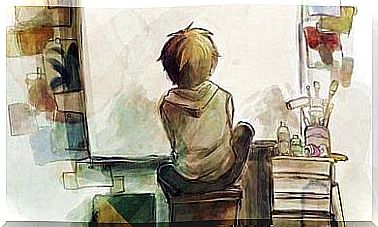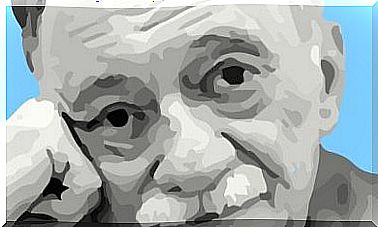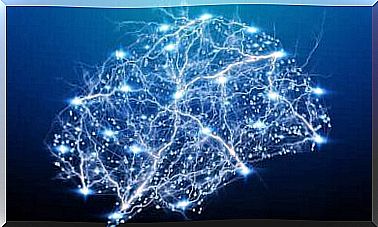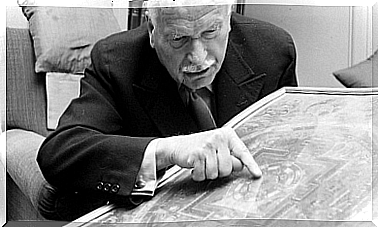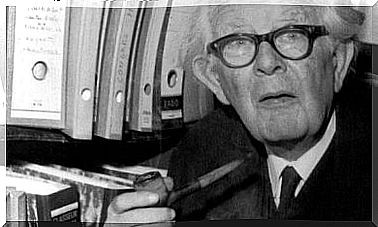Dancing Can Help Counteract The Aging Of The Brain
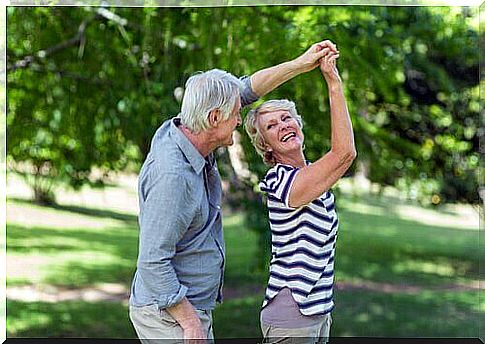
One of the most fun ways to combat the aging of the brain is by dancing. Yes, you read that right – in addition to being good exercise for the body, dancing is also fantastic for the mind. Dancing can help you keep your brain healthy and flexible.
And age does not matter. The dance is actually one of the best ways for older people to keep the balance of body and mind. In addition, physical activity in general (but especially dance) is good for counteracting signs of aging in the brain.
As you get older, changes will occur in the brain. These include reduction of brain tissue, reduction of blood flow and less communication between brain cells. All of these changes can begin to disrupt your cognitive abilities, especially learning and memory.
Many studies have suggested that physical activity in adulthood may help to slow down the cognitive impairment associated with aging.
In line with this, a study published in the journal Neurology found a direct link between regular moderate / intense exercise and slower deterioration of memory and mental capacities in people over 50.
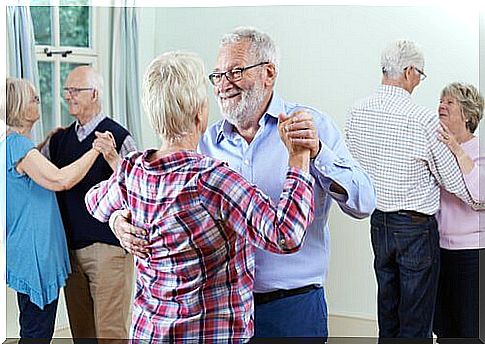
But engaging in moderate to intense exercise is not for everyone. The good news is that there are effective ways to train and combat the aging of the brain, which does not include going to the gym or putting on running shoes.
In any case, that is what is said in a new study from the journal Frontiers in Human Neuroscience.
The study we mentioned included 52 healthy adults between the ages of 63 and 80. Each participant was randomly divided into two groups for 18 months. One group participated in a 90-minute dance lesson each week during this period, and the other participated in 90 minutes of strength and resistance training each week.
It is worth pointing out that there were other differences between the groups. The dance group learned new routines while the strength and resistance groups performed the same activities all the time.
The dance group had constant changes in its routine. So every two weeks they changed steps, arm positions, formations, speed and rhythm to stimulate constant learning in the participants.
Both at the beginning and at the end of the study (after 18 months), magnetic resonance imaging of each participant’s brain was performed. A sensory organization test was also performed to evaluate each participant’s balance before and after the study.
The researchers found that both groups showed an increase in the size of the hippocampus. However, the increase was greater in the dance group.
Only the people from the dance group showed an increase in the nerve cell connections in the hippocampal trisynaptic circuit, which is a part of the brain that is associated with learning, memory and emotions. It is also the part of the brain that tends to experience the most changes in connection with aging.
The researchers have a theory that the process of constant learning that was part of the dance can explain the benefits. In fact, they discovered that dance also leads to better results when it comes to balance. And it turned out that the force and resistance group did not show the same progress.
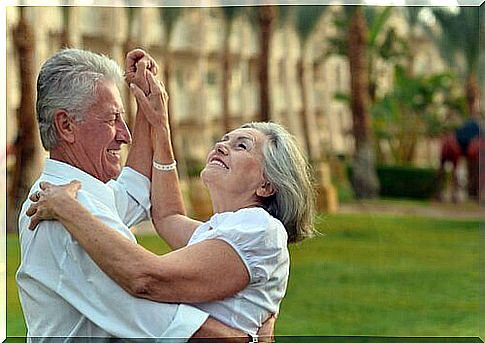
The researchers also found that the group that danced for 18 months showed increases in specific parts of the hippocampus that the other group did not show. This can also mean that dancing can help you with your physical condition, but also lead to benefits for the hippocampus.
This is why they claim that the extra challenge with the dance program – more specifically the cognitive and sensorimotor stimulus – causes extra changes in the size of the hippocampus.
The researchers also pointed out that physical activity is one of the most important lifestyle factors that can help you stay healthy and independent for as long as possible.
This is because it helps to counteract many risks and slow down the deterioration that comes with age. So dancing can be a powerful tool for challenging body and mind, especially in old age.
